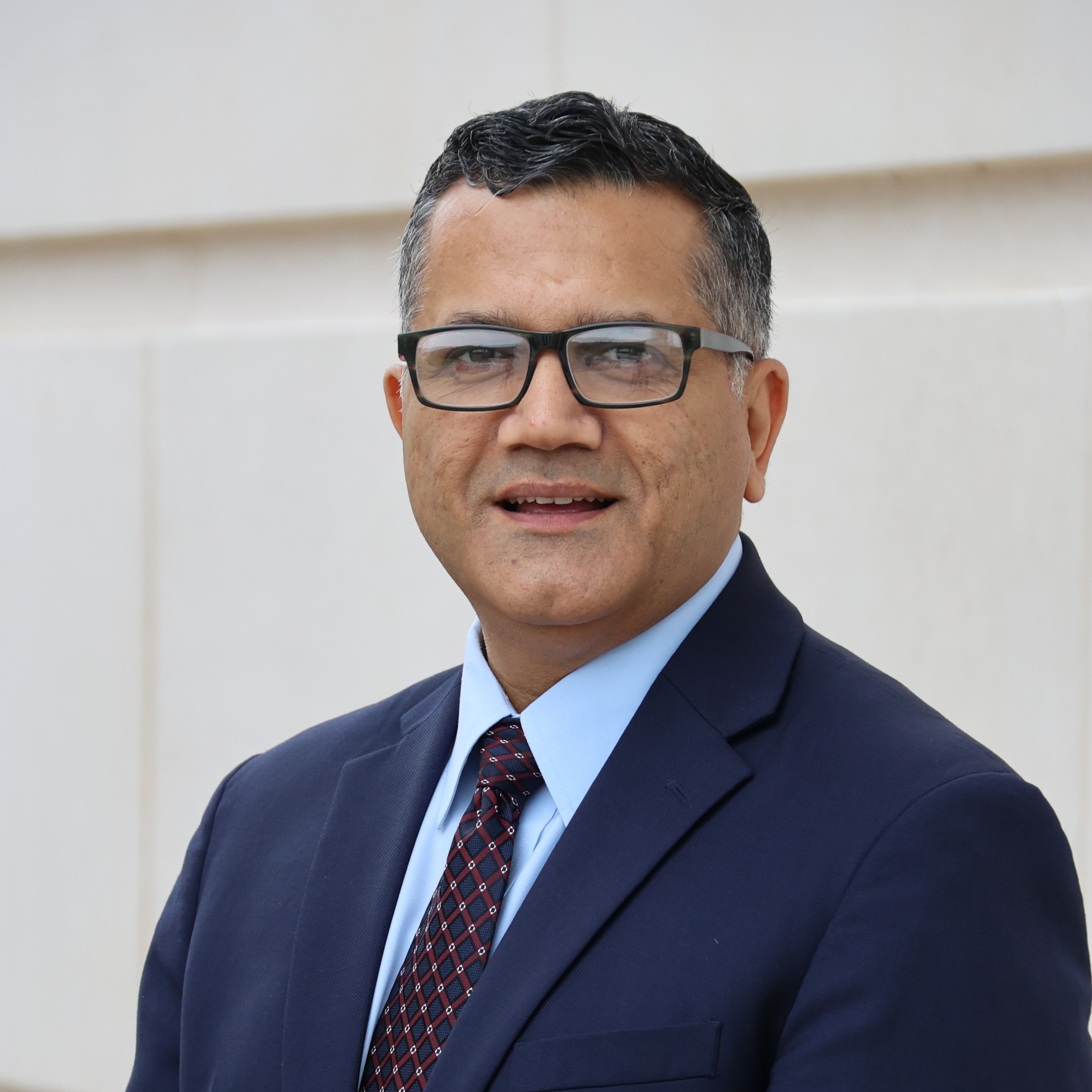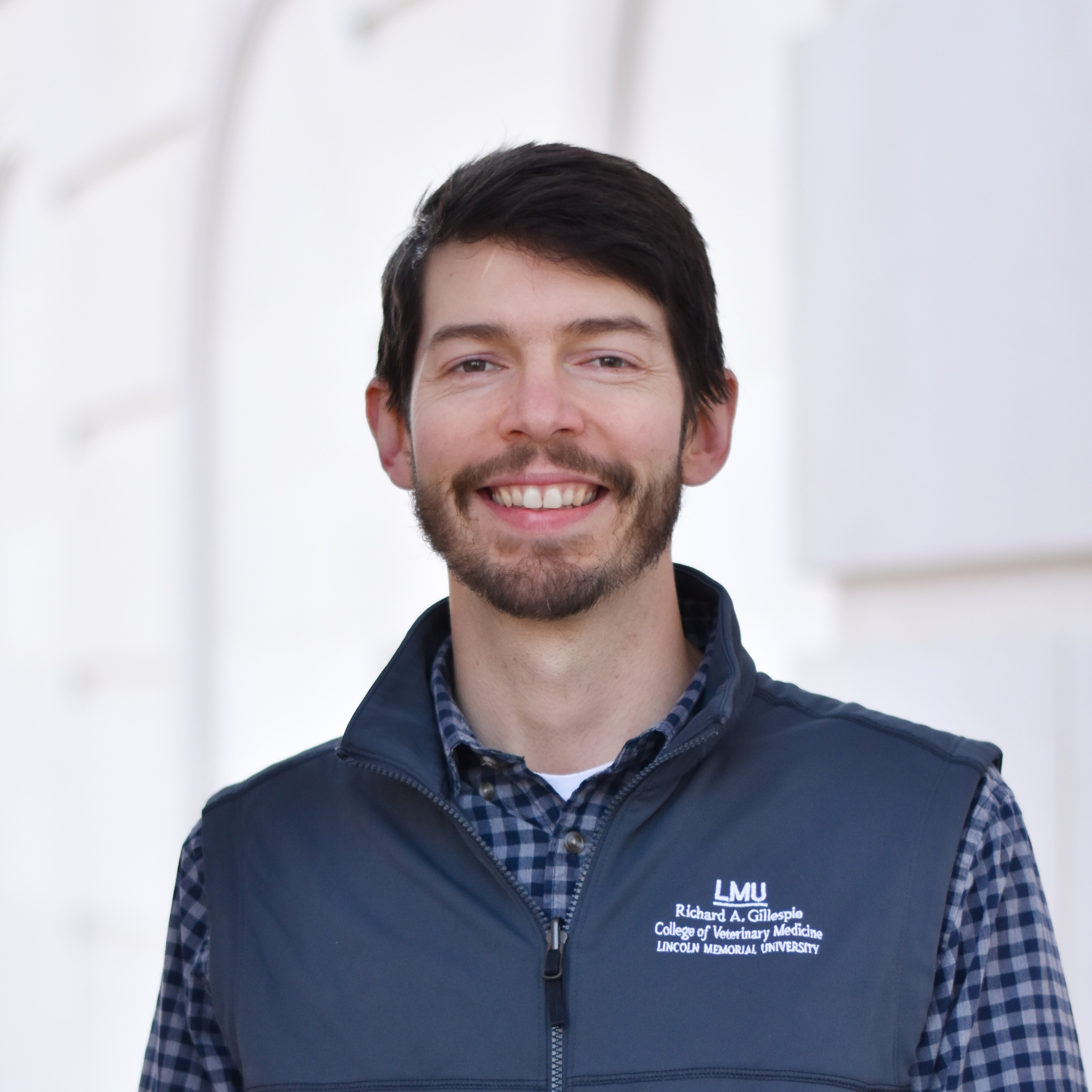 Dr. Verma is a board-certified veterinary microbiologist with extensive experience in research and veterinary education. He earned his professional degree in veterinary medicine and a master’s degree in animal biotechnology in India before completing his Ph.D. in Equine Infectious Diseases at the University of Kentucky (UK). He later conducted postdoctoral research at the UK College of Medicine, where his work focused on the pathogenesis of leptospirosis and Lyme disease.
Dr. Verma is a board-certified veterinary microbiologist with extensive experience in research and veterinary education. He earned his professional degree in veterinary medicine and a master’s degree in animal biotechnology in India before completing his Ph.D. in Equine Infectious Diseases at the University of Kentucky (UK). He later conducted postdoctoral research at the UK College of Medicine, where his work focused on the pathogenesis of leptospirosis and Lyme disease.
Prior to joining Lincoln Memorial University-College of Veterinary Medicine (LMU-CVM), Dr. Verma served on the faculty at Ross University School of Veterinary Medicine. There, he taught veterinary bacteriology, provided diagnostic services, and led research initiatives on leptospirosis and other infectious diseases.
Since joining LMU-CVM a decade ago, Dr. Verma has served as course director and instructor for both the Bacteriology-Mycology and Immunology courses in the DVM curriculum. His research focuses on molecular mechanisms of pathogenesis, identification of novel diagnostic targets, and epidemiological studies of infectious diseases relevant to animal and public health. His work has led to the identification of key biomarkers to distinguish naturally infected horses from vaccinated ones, uncovered significant insights into mammalian and non-mammalian reservoirs of leptospirosis, and advanced the understanding of pathogen-host interactions.
Dr. Verma has been actively involved in professional service, including serving on the Executive Committee of the International Leptospirosis Society and participating on several committees within the American College of Veterinary Microbiologists. He also serves on the editorial boards of multiple peer-reviewed scientific journals.
As Associate Dean of Basic Sciences and Research at LMU-CVM, Dr. Verma provides strategic leadership for the college’s research enterprise. He oversees the development and expansion of research programs, fosters interdisciplinary and external collaborations, supports grant development efforts, enhances research infrastructure, and promotes a culture of scholarly excellence. He is deeply committed to mentoring early-career faculty and expanding research opportunities for both veterinary and graduate students.




